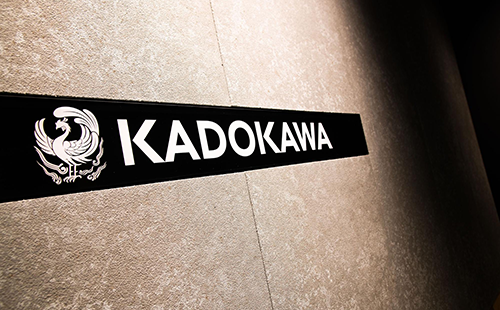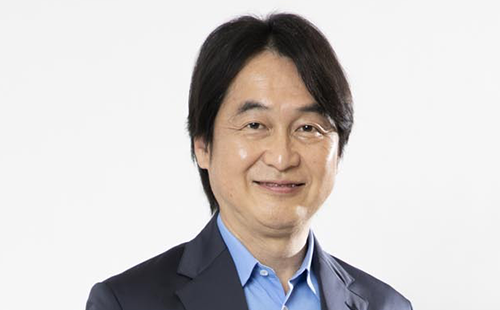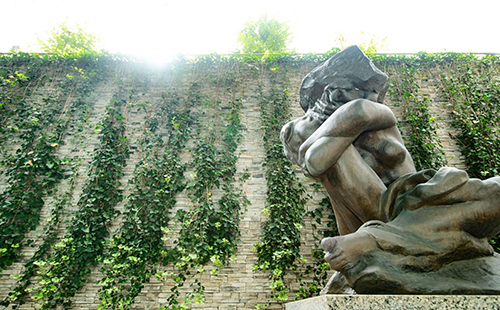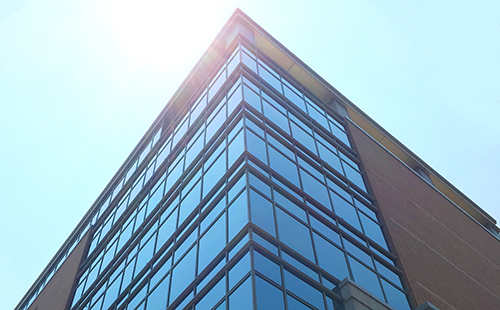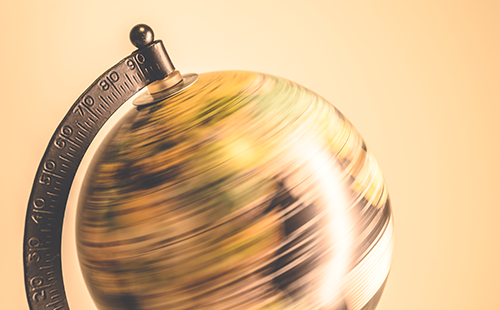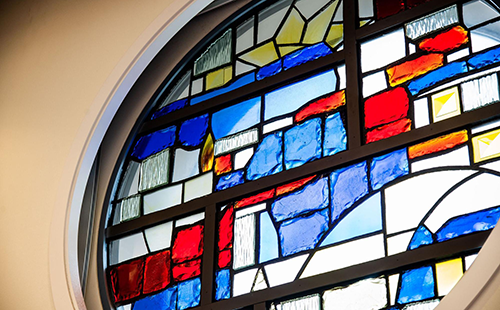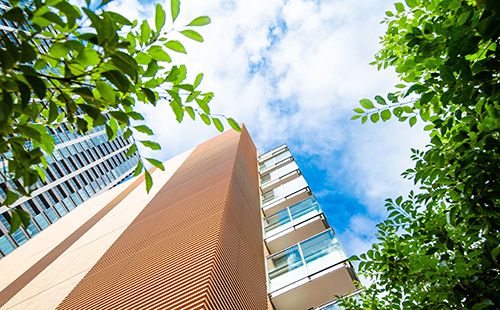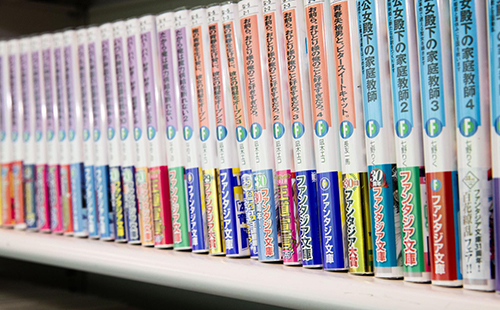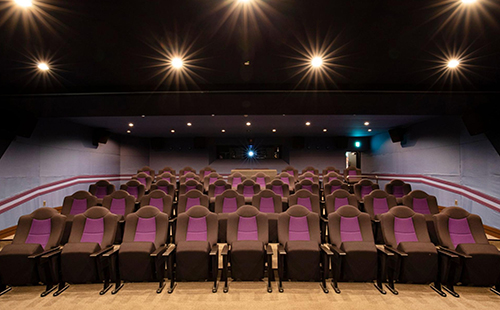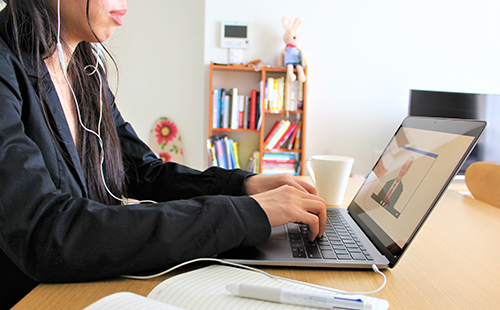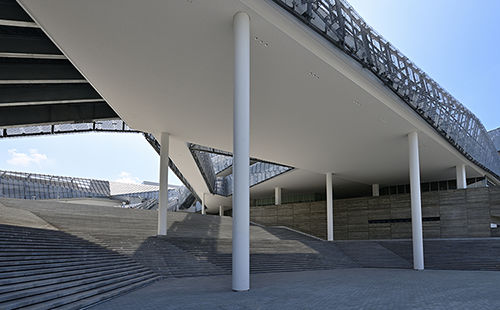2. Initiatives to Reduce Waste
Initiatives to Reduce Waste
How to efficiently use limited resources is an important issue for the KADOKAWA Group. By improving conventional business processes, the Group will lead to a reduction in waste.
Effective use of paper resources through the digitalization of ordering
By implementing appropriate production plans to meet demand and utilizing technology, such as electronic ordering from bookstores, the Group is working to reduce the number of copies returned as well as excess paper consumption. In FY2021, we reduced returns by 1.94 million copies compared to FY2018, which was a period prior to full adoption of the system. This is equivalent to 772 tons of paper. In FY2022, returns were reduced by 140,000 copies, an equivalent of 58 tons of paper. While we were not able to reduce our return rate in FY2023, we maintained a return rate of 26.8%, below the rising return rate of the publishing industry as a whole, contributing to a reduction of excess consumption. Moving forward, the Group will continue to make efforts to make effective use of resources through measures such as returning bookstores with incentives corresponding to the level of return reduction.
Promoting paperless offices
Since 2015, amid reforms of office work styles, we have promoted the reduction of copy paper by introducing multiple measures, such as the digitization of paper materials and the introduction of electronic settlement and electronic approval systems. The Group reduced annual in-house paper usage from 30 million sheets in FY2014 down to 4.64 million sheets in FY2023, which is a reduction of around 84.5%. In addition, some editing departments have established rules with business partners (printing companies) and related internal departments to enable proofreading and approvals in PDF format. The total paper saved from FY2021-FY2023, calculated in comparison to our consumption before the initiative started (FY2020), is equivalent to approximately 230,000 sheets of A3-size paper.
Amount of Waste (FY2023)
| Tokyo Campus | TOKOROZAWA SAKURA TOWN | Total for FY2023 | ||||
|---|---|---|---|---|---|---|
| Amount of waste | Percentage of reused (recycled) | Amount of waste | Percentage of reused (recycled) | Amount of waste | Percentage of reused (recycled) | |
| Combustible waste (paper, cardboard, food scraps, etc.) |
153.2 t | 68.8 % | 42.6 t | 53.29 % | 195.8 t | 65.4 % |
| Unburnable waste (Beverage bottles, cans, PET bottles, waste plastic, etc.) |
92.8 t | 100 % | 10.5 t | 100 % | 103.3 t | 100 % |
※Scope of Aggregation
・ Tokyo Campus covers waste from the KADOKAWA 1st Head Office Building, ADOKAWA 2nd Head Office Building, and KADOKAWA Fujimi Building, which are all owned by the company.
・ Tokorozawa Sakura Town covers waste from facilities used by Group companies, including the Tokorozawa Campus. Excluding waste generated by tenants.

